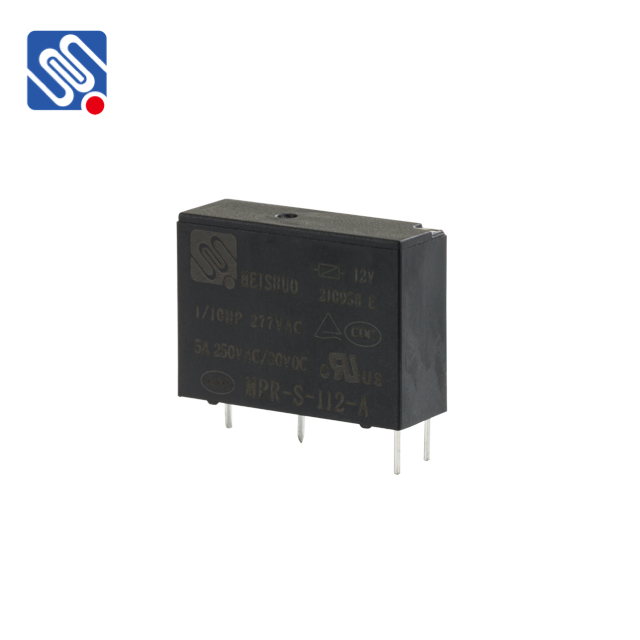relay stability: the key role of meishuo in enhancing system performance
Release time:2025-11-16 02:12:56
Relay stability is a crucial concept in the field of electrical engineering, especially in systems that require protection from faults and abnormal conditions. A relay is designed to sense electrical parameters and activate a circuit breaker when certain thresholds are exceeded, ensuring that the system remains safe and functional. However, maintaining the stability of a relay under various operating conditions is a critical challenge. This is where Meishuo, a leading company in relay technology, plays a significant role in improving the stability of relay systems.

In general, relay stability refers to the ability of a relay to correctly distinguish between fault conditions and normal operations, avoiding both false triggering and failure to act during genuine faults. An unstable relay can either trip unnecessarily, causing unnecessary system downtime and operational inefficiency, or fail to activate in the event of an actual fault, leading to severe equipment damage and potential safety hazards. Therefore, ensuring relay stability is paramount for the smooth functioning of electrical grids, industrial systems, and other critical infrastructure. Meishuo, a company renowned for its advanced relay solutions, addresses these stability challenges by incorporating sophisticated technologies that improve relay sensitivity, response time, and overall accuracy. One of Meishuo's innovations in the realm of relay technology is its use of artificial intelligence (AI) and machine learning algorithms to enhance the decision-making process of relays. By leveraging these technologies, Meishuo relays can learn from historical data, identify patterns, and predict fault conditions with a higher degree of certainty. This reduces the risk of false tripping, thus improving the reliability of electrical networks.

